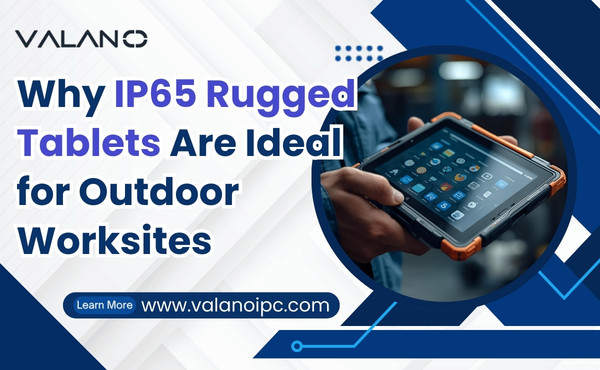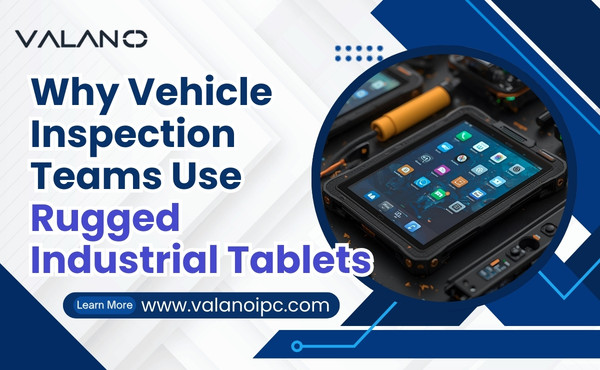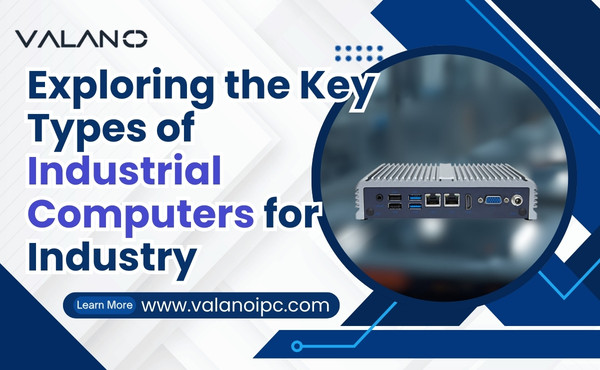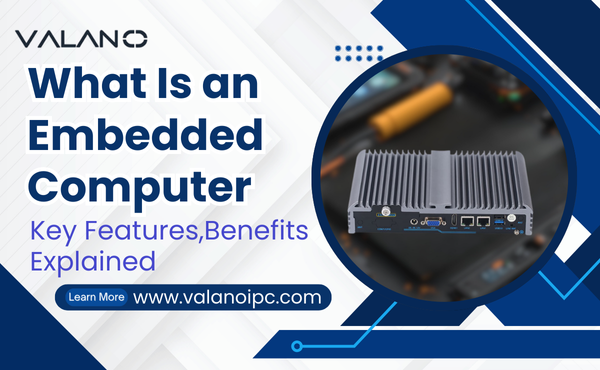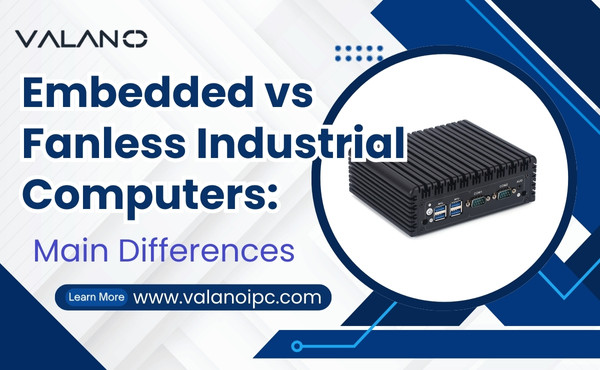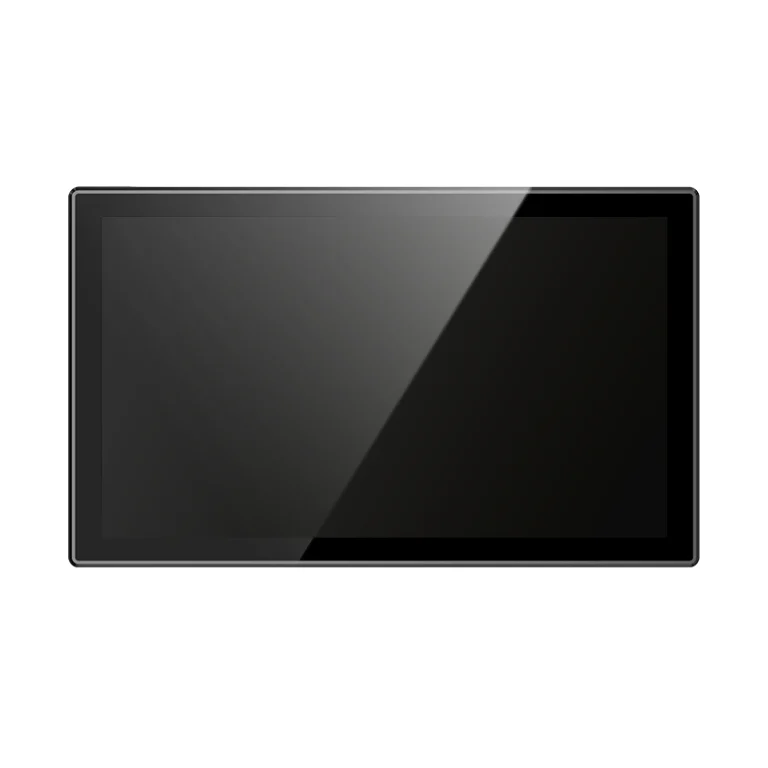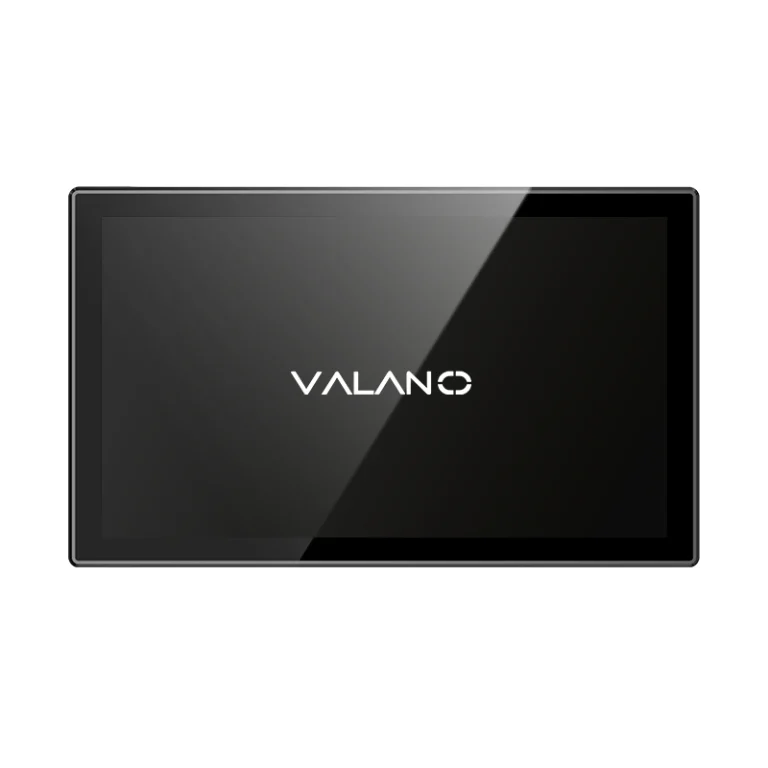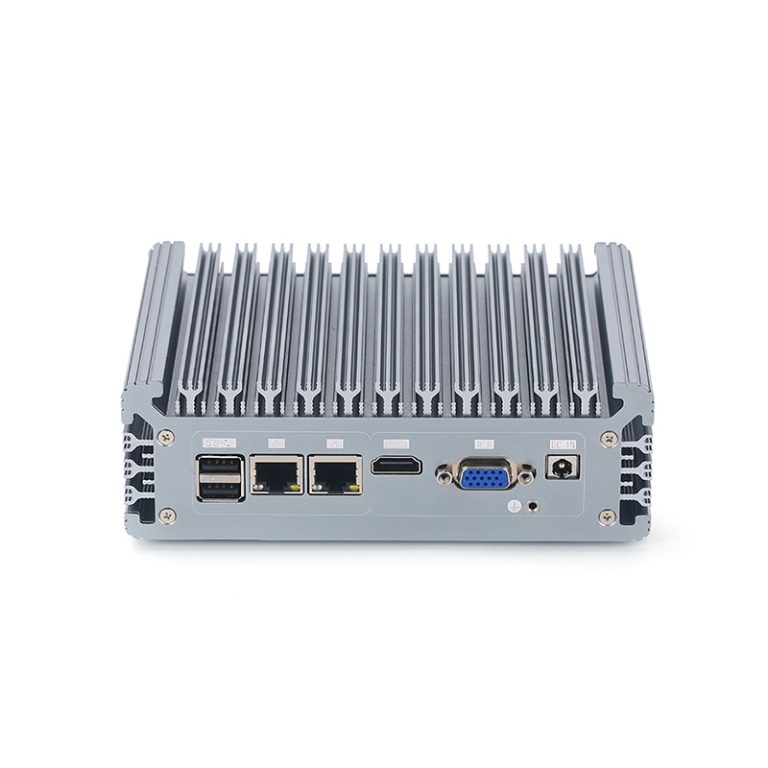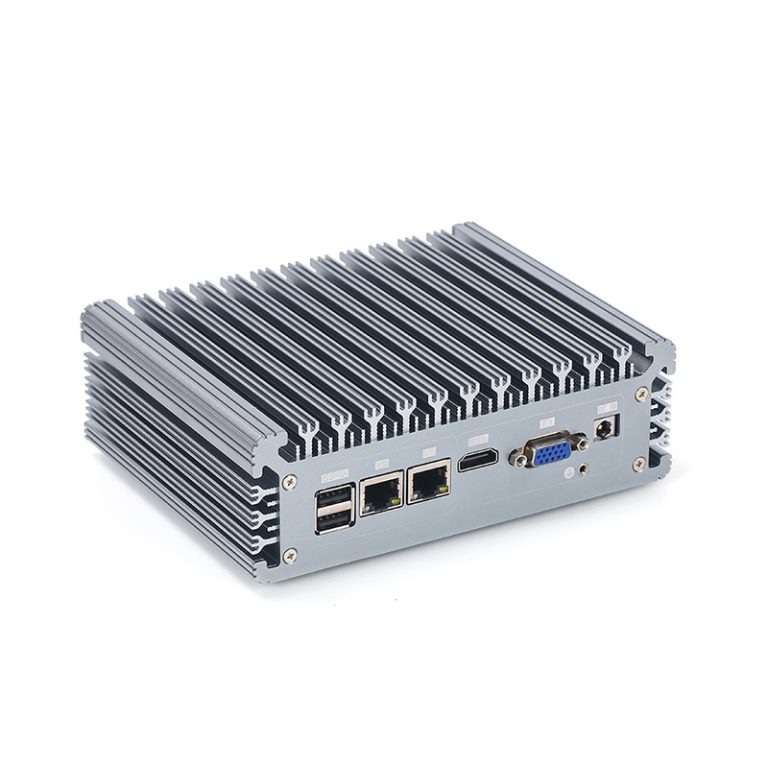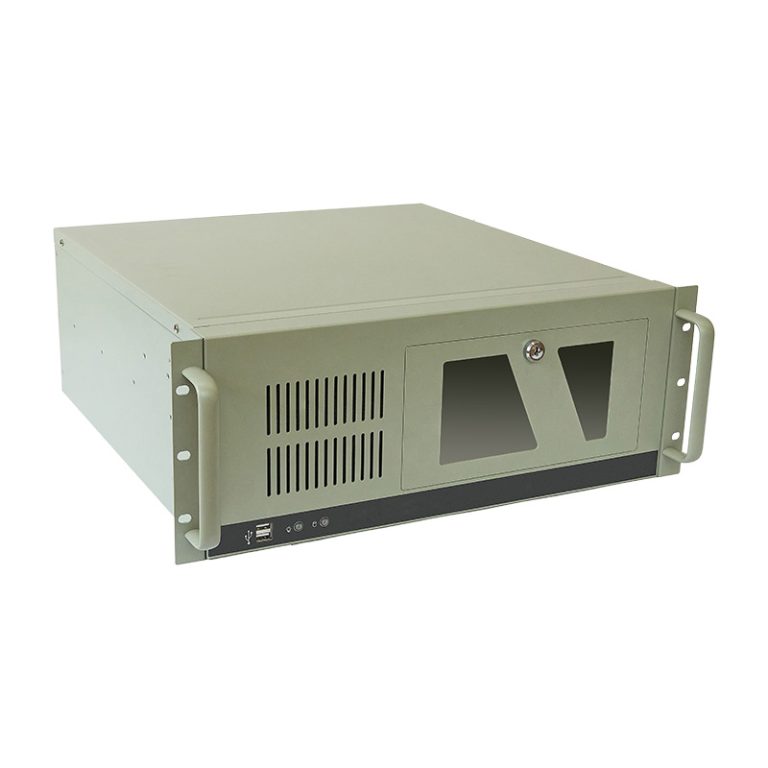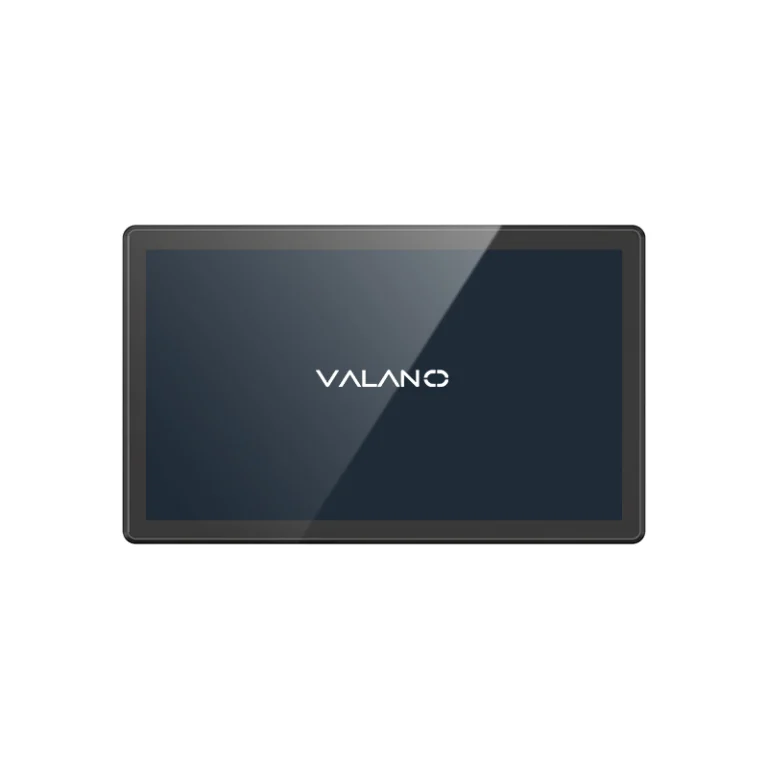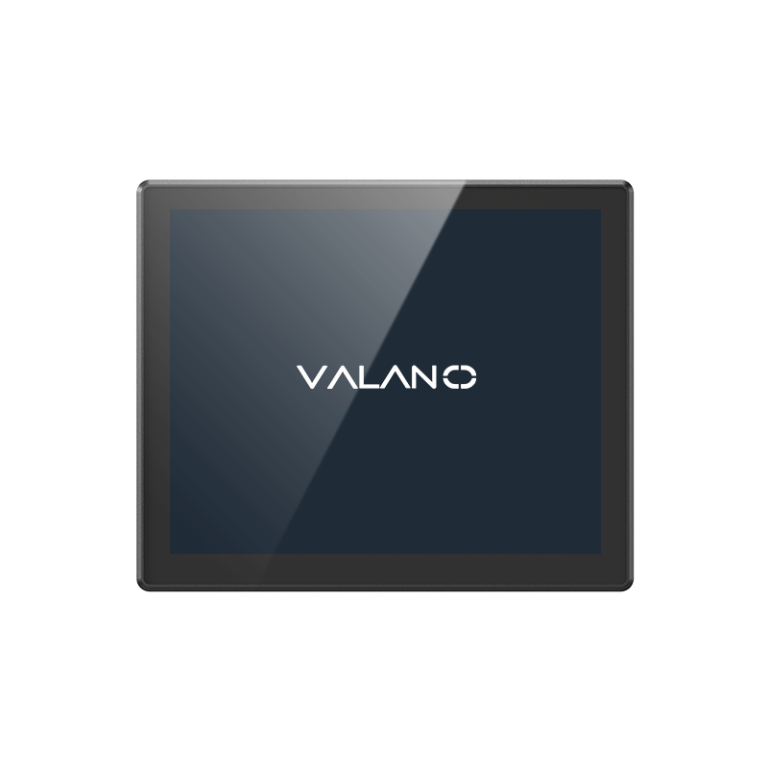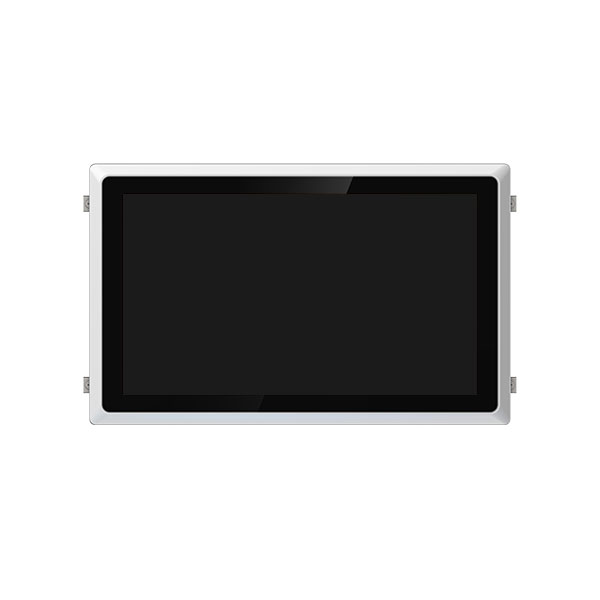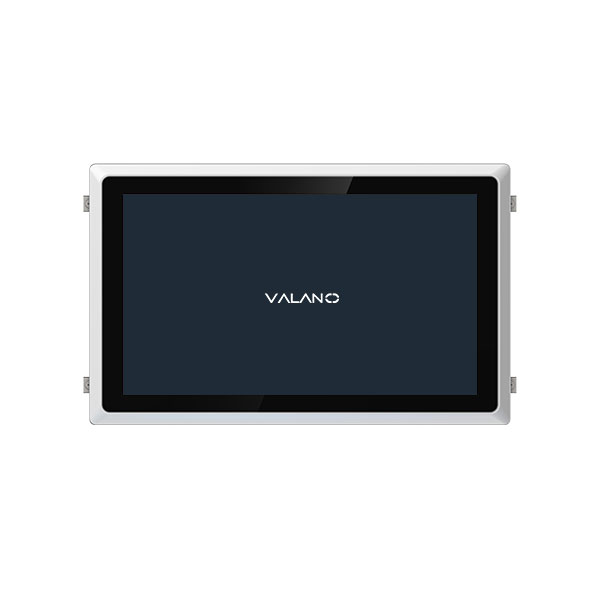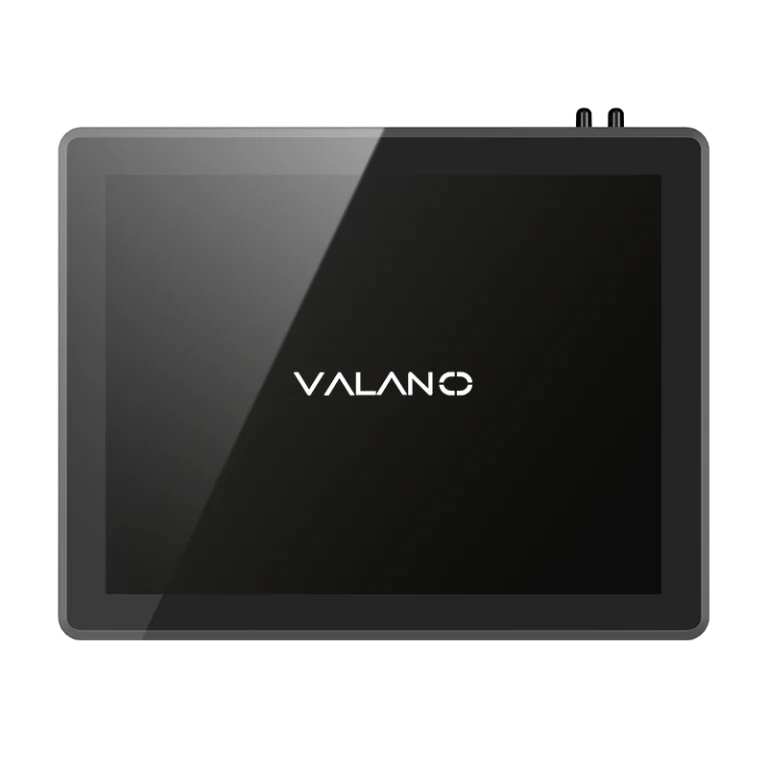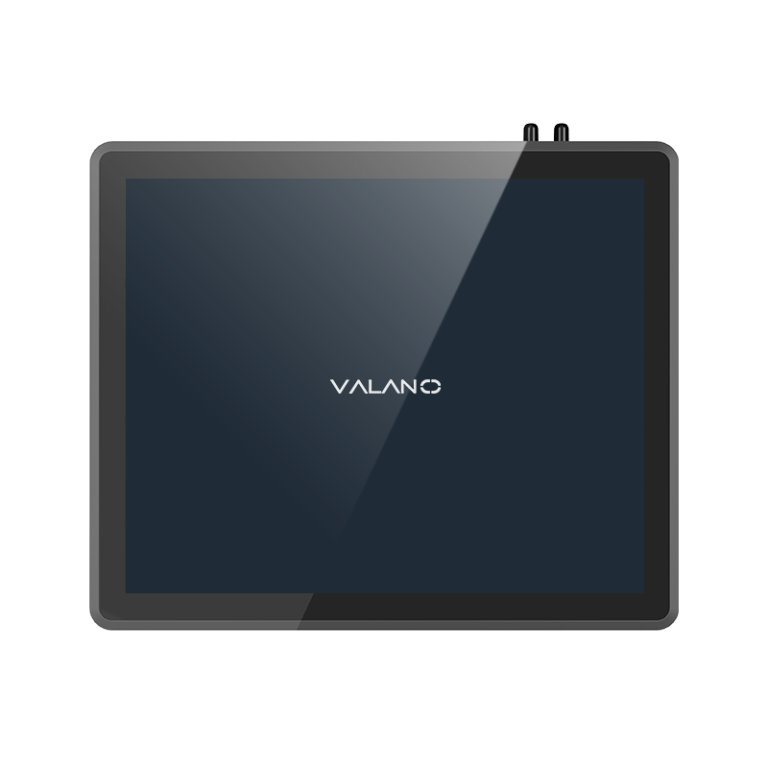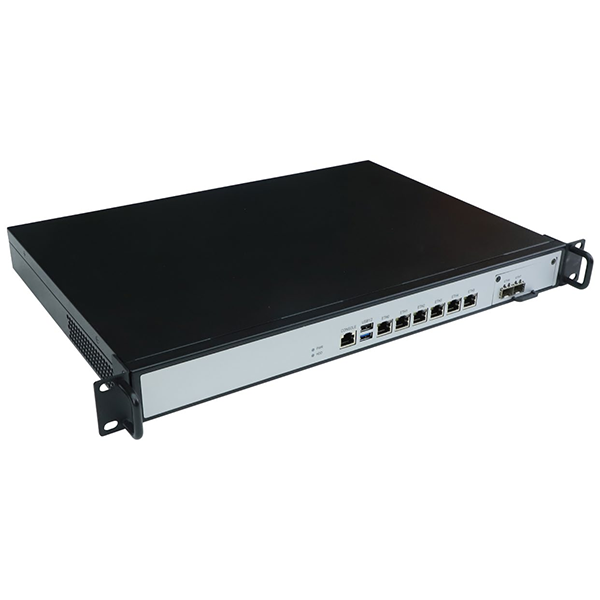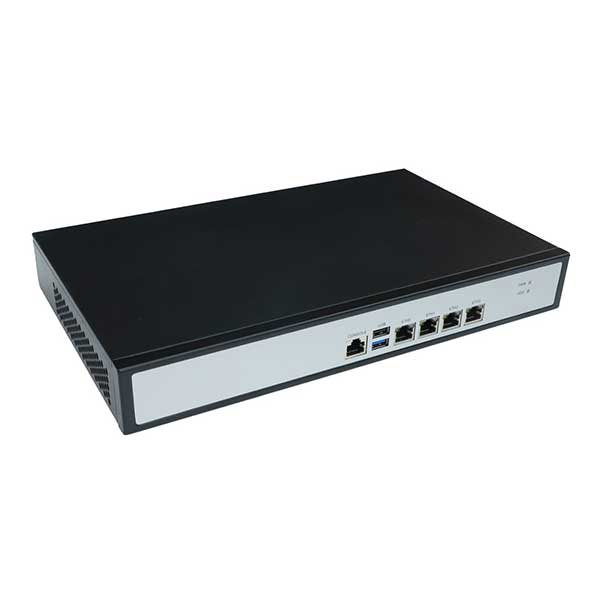In today’s fast-paced industrial environment, reliable connectivity is critical for efficient operations. Industrial computers with 4G and 5G capabilities allow teams to monitor equipment and manage assets remotely, ensuring quick responses to operational challenges.
From real-time monitoring and predictive maintenance to seamless asset tracking, cellular-enabled industrial computers deliver the flexibility and performance modern industries require. This article explores the key benefits, applications, and technical considerations of deploying these advanced systems.
Key Benefits of 4G/5G Industrial Computers
Real-Time Monitoring
Industrial computers with 4G/5G connectivity allow teams to monitor equipment and processes as they happen. This real-time data helps operators spot issues quickly and make informed decisions.
With remote access capabilities, workers can check system status and respond to alerts from anywhere.
Flexibility and Mobility
Wireless networks give industrial operations the freedom to move and adapt. Teams can deploy connected assets in locations where wired connections are not possible. This flexibility supports mobile machinery, temporary setups, and fast-changing work environments.
Downtime Reduction
Reliable wireless connections help reduce unplanned downtime. Operators can detect problems early and fix them before they cause bigger failures.
Quick response times keep production running smoothly and protect valuable equipment.
4G/5G Connectivity in Industrial Computers

Cellular Network Role
Cellular networks play a key role in connecting industrial computers to remote systems. These networks use 4g/5g cellular connectivity to send and receive data over long distances. Many devices use dual SIM slots, mini PCIe modules, or integrated SIM slots to switch between networks for better uptime.
Cellular technology supports high-speed connectivity, which helps machines share information quickly. Modular routers and digi tx cellular routers often work with these computers to manage network traffic. This setup allows teams to control equipment from almost anywhere.
Note: Cellular networks can reach places where wired connections cannot go. This makes them useful for remote or moving assets.
Coverage and Reliability
4g and 5g solutions offer wide coverage and strong reliability. These networks reach rural, urban, and industrial areas. Cellular signals can travel through obstacles and cover large sites.
Industrial computers often include rugged designs to handle tough environments. They support WiFi, Bluetooth, and edge-to-cloud communication for extra flexibility. Teams can trust these systems to keep working even in harsh conditions.
| Feature | Benefit |
|---|---|
| Dual SIM support | Redundant connectivity |
| Rugged hardware | Withstands tough sites |
| Modular routers | Flexible network setup |
Overcoming Wired Limitations
Wired networks can limit where teams place equipment. Cellular connections remove these limits by allowing wireless setup. This helps companies deploy systems in places without cables.
Industrial computers use cellular modules to connect to the internet and cloud services. These modules make it easy to add or change network features as needs grow. Teams can scale their operations without worrying about physical wiring.
Tip: Cellular networks help reduce downtime by providing backup connections if the main link fails.
Applications of 4G/5G Industrial Computers
Remote Operation
Industrial computers with cellular connectivity enable operators to control machines from remote locations. These systems manage industrial assets in areas where wired networks are unavailable. Mobile-edge capable devices are ideal for challenging environments such as oil fields, mining sites, and construction zones.
Operators can use cellular networks to send commands and receive feedback instantly, even in harsh environments.
Predictive Maintenance
Cellular technology enables teams to collect real-time data from sensors and equipment. Industrial computers with cellular connectivity analyze this data to predict when machines require maintenance, helping to reduce unexpected failures and extend the lifespan of connected assets.
- Teams can schedule repairs before breakdowns occur.
- Maintenance crews receive alerts on their devices, allowing quick action.
Asset Tracking
Asset tracking is simplified with cellular-enabled industrial computers. These devices monitor the location and status of valuable equipment as it moves between sites. Cellular connections provide continuous updates, even when assets travel through remote or rugged areas.
Note: Cellular networks keep connected assets visible and secure, no matter where they operate.
Technical Requirements
Hardware and Software
Industrial computers need rugged hardware to survive harsh environments. These devices often support multiple wireless standards, including cellular, WiFi, and Bluetooth. Modular routers help expand connectivity options and improve network flexibility.
Software must enable secure remote access. Teams use specialized platforms to manage connected assets and monitor system health. Edge-to-cloud communication ensures that data moves safely between local devices and cloud services.
Tip: Choose hardware with industrial-grade components for reliable performance in demanding industrial operations.
Security
Security protects data and systems from threats. Industrial computers use encryption and authentication to keep information safe. Cellular networks add another layer of protection by isolating traffic from public networks.
Teams must update software regularly to fix vulnerabilities. Firewalls and intrusion detection systems help block unauthorized access. Secure remote access allows operators to control equipment without risking data leaks.
| Security Feature | Purpose |
|---|---|
| Encryption | Protects data |
| Authentication | Verifies users |
| Firewalls | Blocks threats |
Integration
Integration connects new devices with existing systems. Industrial computers must work with legacy equipment and modern platforms. Cellular modules make it easier to link remote assets to central control rooms.
Teams use industrial networking innovations to bridge gaps between different technologies. Compatibility ensures that all parts of the network communicate smoothly. Simple integration reduces setup time and lowers costs.
Note: Test new devices with current systems before full deployment to avoid unexpected issues.
Scalability
Scalability lets companies grow their networks as needs change. Industrial computers support more devices by adding extra cellular modules or upgrading software. Flexible designs allow teams to expand coverage without major changes.
Connected assets can join the network as operations grow. Modular routers and wireless standards help scale up quickly. Future-proofing ensures that new technology fits with existing infrastructure.
- Plan for expansion when choosing hardware.
- Select devices that support updates and new features.
- Monitor network performance to spot bottlenecks early.
Choosing Industrial Computers
Selection Criteria
Teams should consider several factors when selecting industrial computers. Hardware durability matters in harsh environments. Devices must support cellular connectivity for reliable communication. Security features such as secure remote access help protect sensitive data.
A table below shows important criteria:
| Criteria | Description |
|---|---|
| Rugged Design | Withstands tough conditions |
| Cellular Support | Enables remote control |
| Security Features | Protects data and access |
Connectivity Options
Industrial computers offer different connectivity options. Cellular modules provide wide coverage and flexibility. WiFi and Bluetooth support local connections.
Some models include dual SIM slots for network redundancy. Modular routers help expand network capabilities and manage traffic efficiently.
Teams should match connectivity options to their operational needs.
Deployment Tips
Proper deployment ensures reliable performance. Teams should test cellular connections before installation. They must check signal strength at each site.
Regular software updates keep systems secure and efficient. Plan for future expansion by choosing devices that support additional cellular modules and modular routers.
A checklist helps teams prepare for deployment:
- Test cellular signal at each location
- Update software regularly
- Choose scalable hardware
Conclusion
Industrial computers with 4G and 5G connectivity are transforming how industries operate, offering secure remote access, real-time monitoring, and efficient asset management. By leveraging cellular networks, businesses can overcome the limitations of wired setups, reduce unplanned downtime, and scale operations with ease. Investing in rugged, flexible, and scalable industrial computers ensures that teams can maintain productivity, protect valuable assets, and stay ahead in today’s competitive industrial landscape.




